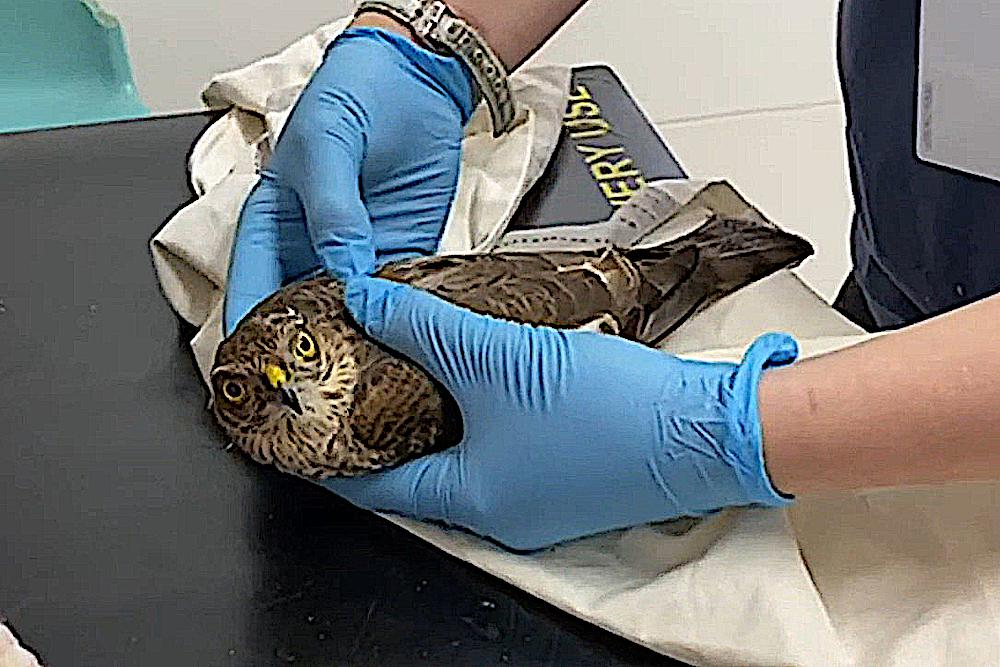
As David Attenborough returns to UK screens highlighting the amazing wildlife around the UK, East Sussex WRAS is hoping that it will ignite a passion and interest in our local wildlife.
The Wildlife Rescue & Ambulance Service is asking people to respect, protect, conserve and help those animals found sick, injured, trapped or orphaned.
The charity has dealt with just under 5,100 casualties in the last 12 months, the second highest number of casualties in the charities 27 year history.
“When holidaying abroad people are often in awe of the exotic wild animals and birds they are not used to seeing, but have you noticed now the locals don’t always share the same excitement as they are an everyday occurrence for them?
"That is also true for people living in the UK. We see our local wildlife as normal, and not particularly interesting or special because we are used to it. I hope David Attenborough’s new programme helps to bring some of that fascination of our British Wildlife back home,” explained Trevor Weeks MBE, founder of East Sussex WRAS.
“I have seen a huge change in the general attitude towards the welfare of wildlife since I started undertaking wildlife rescue and conservation work back in 1985 when I was just a young lad. More and more people are stopping and trying to help.
"However there is a huge danger that people will stop attempting to help wildlife due to how difficult it can be to find a rescue centre as so many have closed down over the years,” said Trevor
“Its amazing how opinions change over time. We used to get thousands of starlings forming murmurations in large numbers back in the 1970s and they were seen by many as a pest. Now people are amazed to see even the smallest of murmurations as their numbers have plummeted over the last 50 years and they are now protected”.
“Back in the 1970s, the biggest impact on our wildlife was illegal persecution like hare coursing and poaching, plus poisoning, oil spills at sea, habitat destruction and illegal disturbance or setts and nests. Although some of these practices have greatly reduced, they haven’t gone away.
"What has noticeably changed is the development of our countryside, a rise in its recreational use and a huge increase in road users causing an increase in conflict between humans and wildlife and one which wildlife rescue charities see on a day to day basis,” explained Trevor.
He strongly believes that conservation is an extremely important aspect of protecting our wildlife and funding Wildlife Trusts and Nature Reserves is vital, but believes that little thought is given to the long term impact on wildlife by development and the charities which have to pick up the pieces to deal with the damaged wildlife as a result.
All wildlife rescue charities are struggling to cope with the workload and many burn themselves out as they struggle to cope with the constant calls which can occur day and night, says Trevor.
“Even during the last 12 months of Avian Influenza, the Government has left the job of dealing with potential live cases of Bird Flu down to veterinary centres and wildlife charities putting them at risk of closure should they take in a positive case, and providing no help at all.”
"The vast majority of the wildlife we deal with is directly or indirectly related to human activities."
East Sussex WRAS regularly sees the following incidents:
- Pollution – overfilling of storage tanks overflowing into waterways or people dumping oil down drains.
- Discarded litter trapping and injuring wildlife, like plastic beer can holders or rings from plastic bottle lids.
- Burnt wildlife from bonfires or falling down chimneys.
- Pets attacking and injuring wildlife.
- Intentional and unintentional disturbance to nests or birds and mammals in bushes, trees, hedgerows when clearing gardens or sheds.
- Road Casualties on all our urban and rural roads.
- Birds hitting windows.
- Wildlife getting trapped in fences, basements and derelict buildings.
- Wildlife falling down uncovered drains, holes or trenches.
- Electrocution on rail lines where there is a live rail.
- Wildlife being shot and injured with inappropriate weapons from guns to catapults and crossbows.
- Unhygienic feeding stations spreading disease and illness.
- Inappropriate and illegal use or placement of poisons.
- Inappropriate placement or lethal use of humane traps catching the wrong species.
- Wildlife entangled in discarded netting, electric rope, rope swings and fencing.
- Wildlife entangled in netting like football goals, tennis court nets, cricket batting tunnels, netting across ponds to protect fish, netting in gardens to protect plants and fruit.
- General cruelty and disregard for the welfare of wildlife like kicking birds or throwing items to cause injury or to entice wildlife into harms way, like throwing chips into busy roads so gulls get run over.
- Reckless removal or accidental disturbance of nesting wildlife when building or undertaking maintenance and landscaping.
- Plus all the orphans created as a result of the above.
"WRAS is not just an animal welfare organisation. There is a conservation element too; 56% of all the mammals East Sussex WRAS rescues have a conservation status of “Vulnerable”; 52% of birds are on the red or amber conservation list.
“Too many rescue organisation are closing down and struggling to exist due to the ever increasing workload and pressure being placed on them,” added Trevor.
East Sussex WRAS is hoping that David Attendborough’s new series will encourage people to help look after our wildlife, not just through the valuable work of conservation organisation but also by encouraging people not to forget the exceptional dedication and commitment made by everyone involved in wildlife rescue organisations across the country.
“East Sussex Wildlife Rescue is a ray of hope for our wildlife and the charity is constantly improving its skills, expanding its facilities and pushing the boundaries of its capabilities to help support the wildlife in East Sussex. I hope people will not only support East Sussex WRAS but also support their own local wildlife charity as they are desperate for financial help. Even if its holding a simple coffee morning or organising a sponsored event. It all helps our wildlife,” said Trevor.
Donations to East Sussex WRAS can be made online at www.wildlifeambulance.org or over the phone on 01825-873003 or via post to East Sussex WRAS, Unit 2, The Shaw Barn, Whitesmith, East Sussex, BN8 6JD.


 Brexit Has Made UK Medicine Shortages Worse, Research Suggests
Brexit Has Made UK Medicine Shortages Worse, Research Suggests
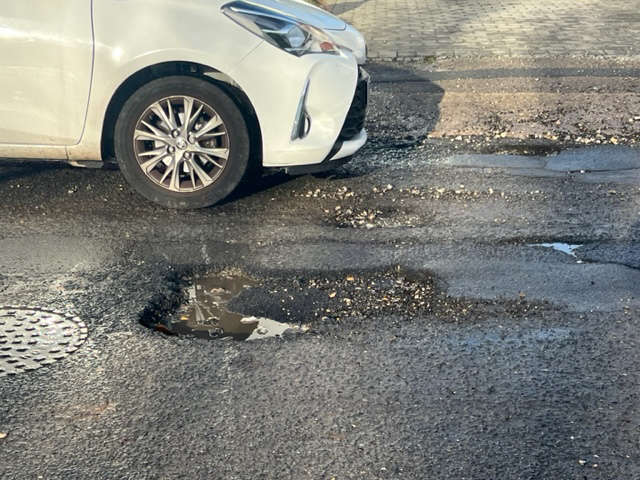 Brighton & Hove Pothole Budget Underspent By £6m
Brighton & Hove Pothole Budget Underspent By £6m
 Exhibition Showcasing Black Artists To Feature At Hastings Museum
Exhibition Showcasing Black Artists To Feature At Hastings Museum
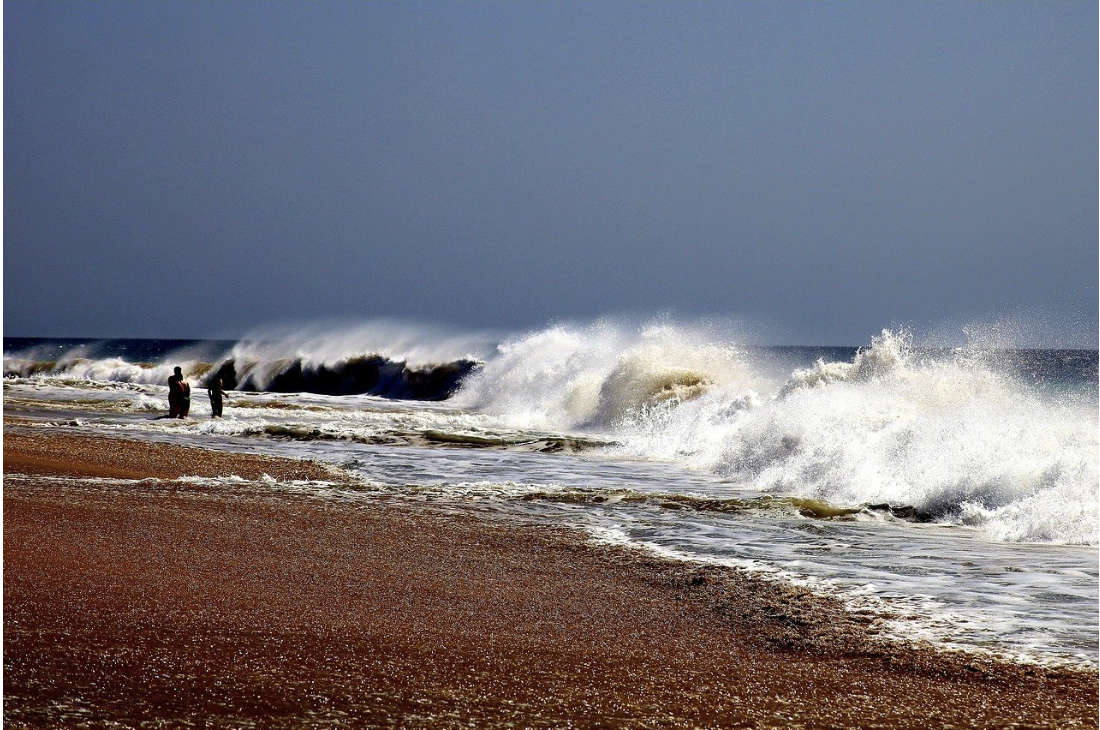 Environment Agency To Take Action Against Chichester Coastal Flooding
Environment Agency To Take Action Against Chichester Coastal Flooding
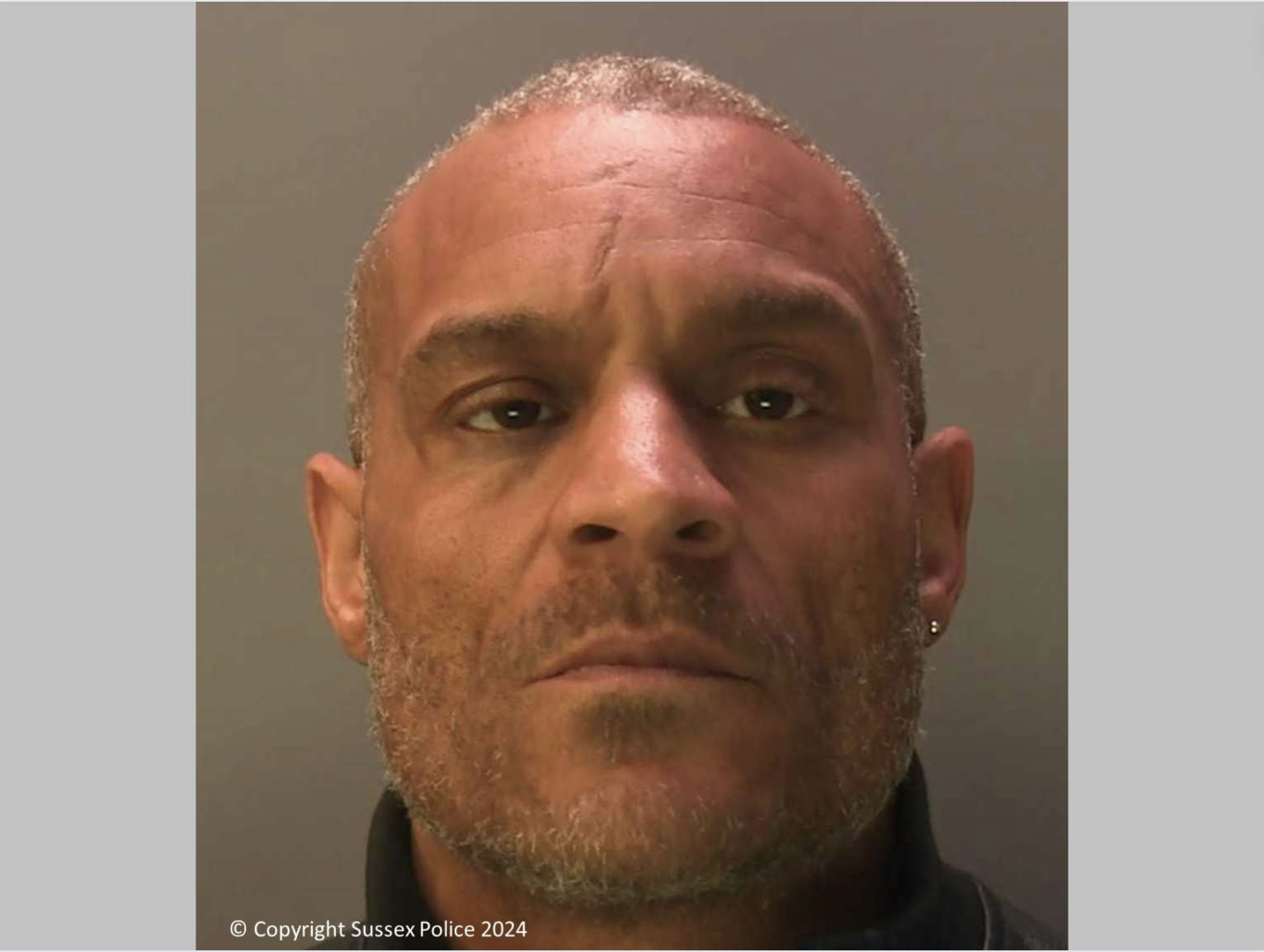 Man Sentenced After Hailsham Masked Robbery
Man Sentenced After Hailsham Masked Robbery
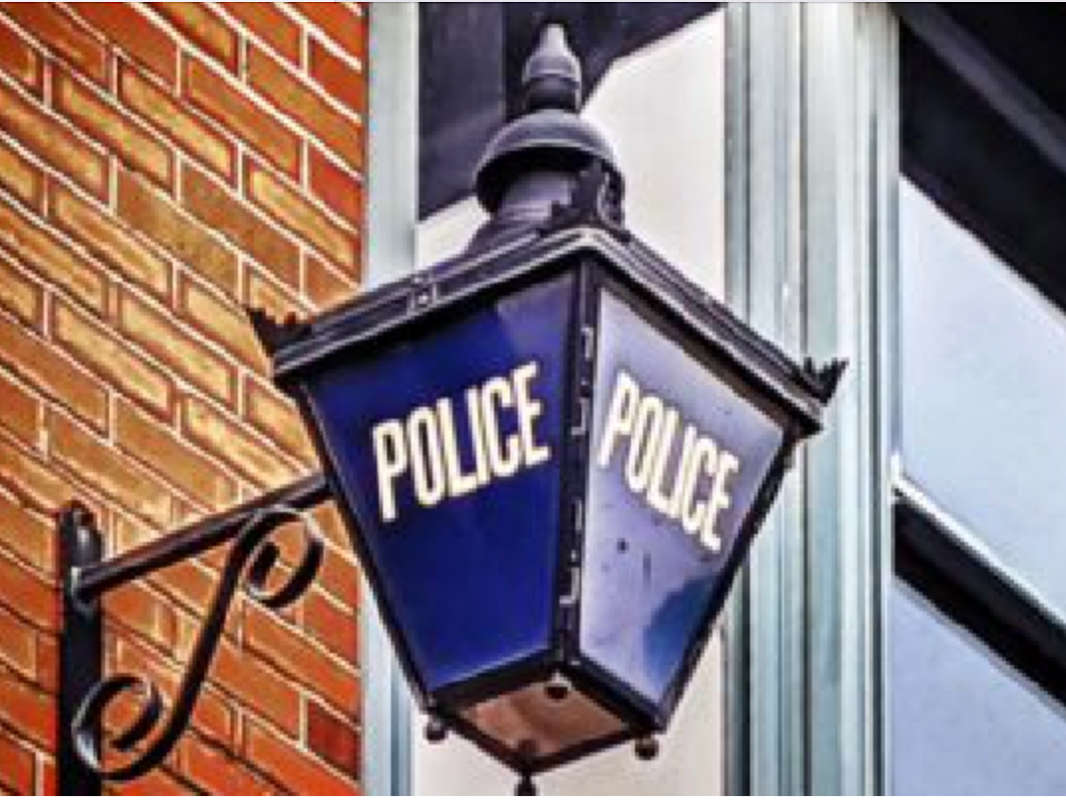 Gatwick Police Officer Given Final Written Warning Following Misconduct Hearing
Gatwick Police Officer Given Final Written Warning Following Misconduct Hearing
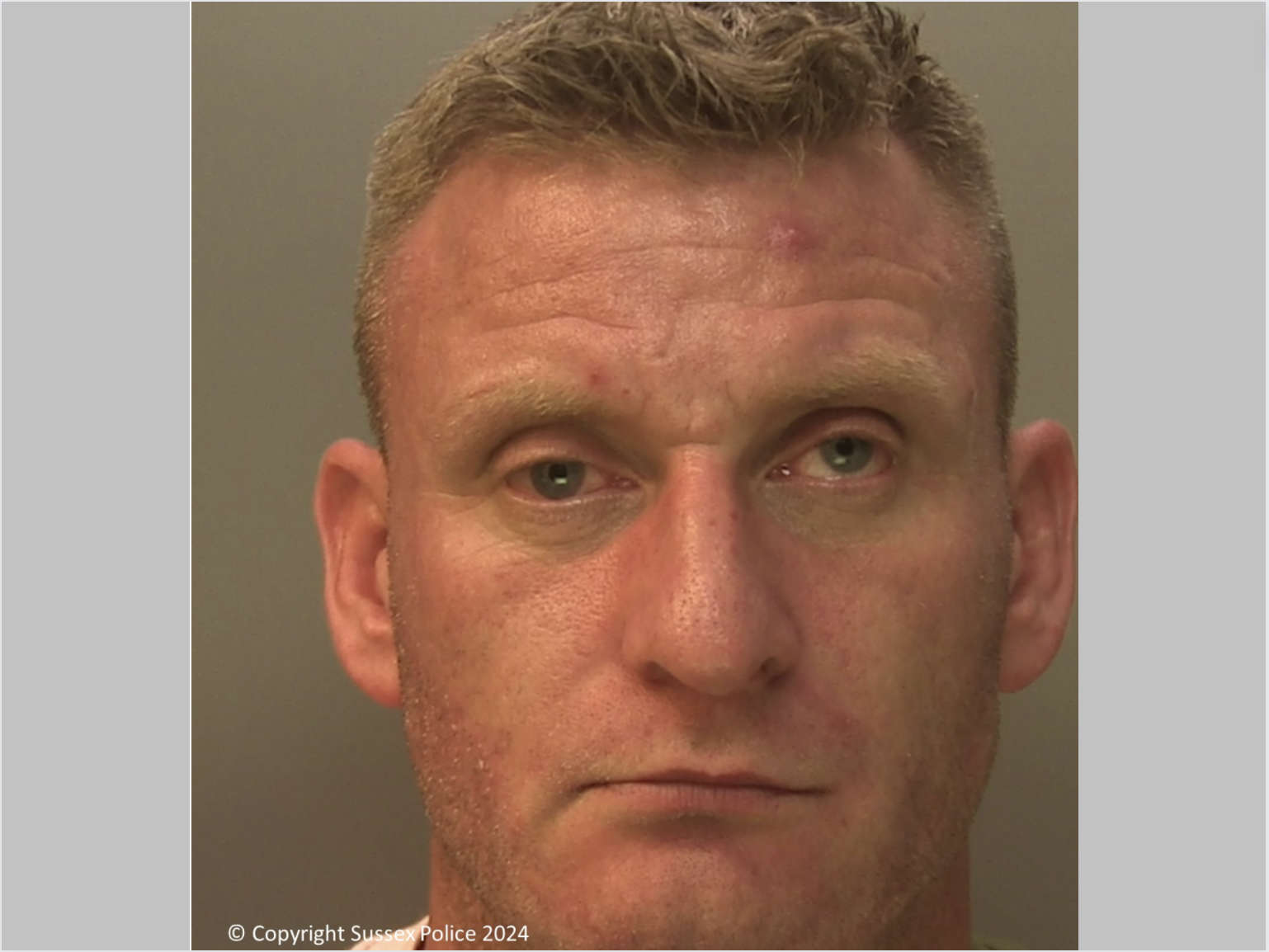 Dangerous Driver Sentenced After Pursuit In Burgess Hill
Dangerous Driver Sentenced After Pursuit In Burgess Hill
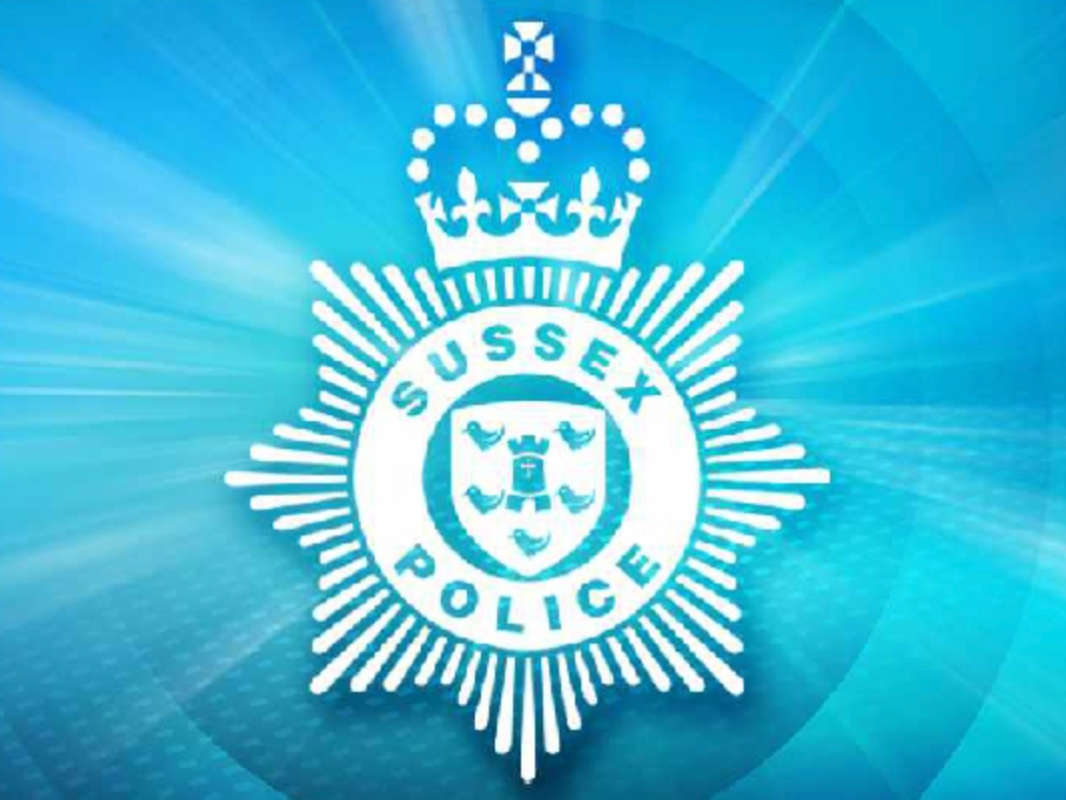 Sussex Police Issues Apology For Historic Failings In Murder Investigation
Sussex Police Issues Apology For Historic Failings In Murder Investigation
 Free Public Wi-Fi At Cuckfield Recreation Ground
Free Public Wi-Fi At Cuckfield Recreation Ground
 Lewes Brewer To Open Taproom And Food Market In Brighton
Lewes Brewer To Open Taproom And Food Market In Brighton